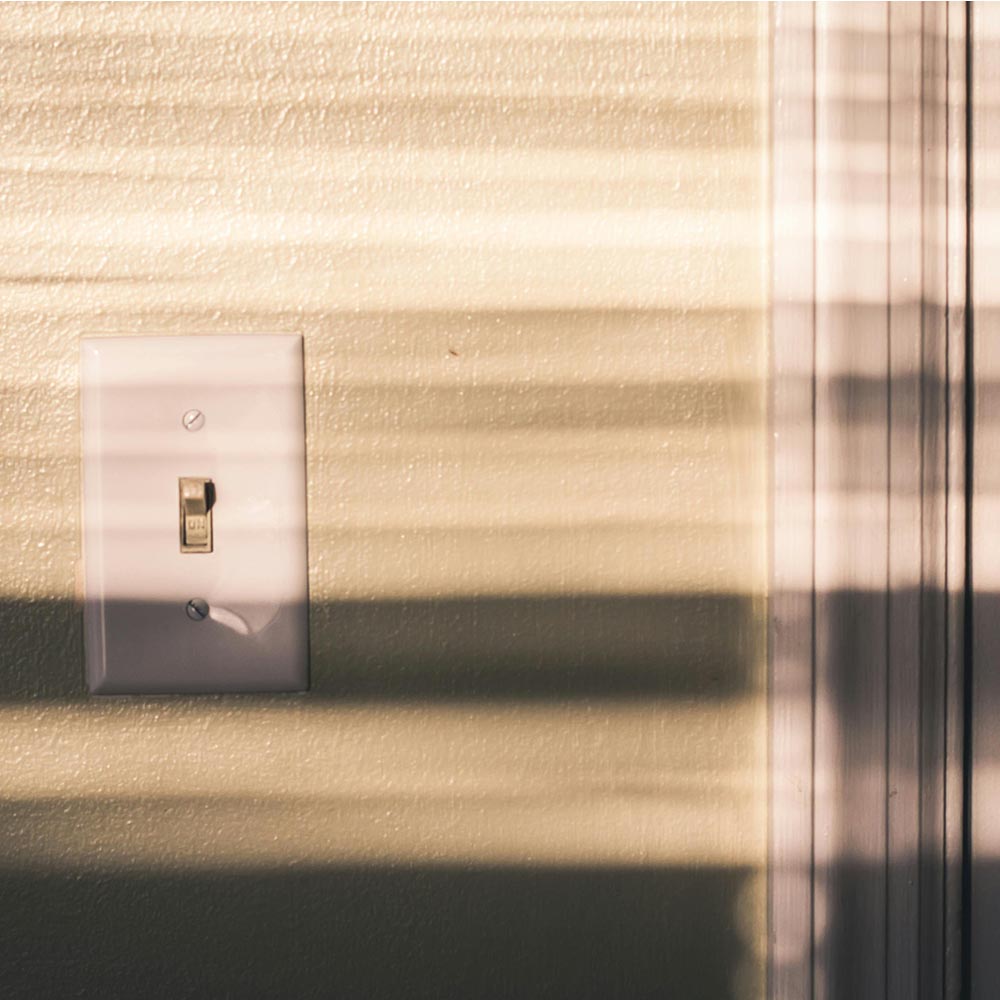Understanding and Preparing for Summer Blackouts

Intro
Summer is a time for fun in the sun, but it can also bring challenges like power outages. As temperatures rise, the demand for electricity increases, straining the power supply. This blog post explores why summer blackouts occur and how to prepare for them to ensure you and your loved ones stay safe and comfortable.
The Heat Effect on Power Supply
Rising summer temperatures put a considerable strain on the power grid due to increased electricity consumption, especially from air conditioning and cooling appliances. This surge in demand can lead to equipment overheating and subsequent power outages. High temperatures can directly affect the physical components of the power infrastructure and escalate electricity usage beyond the grid’s capacity. Understanding this dynamic is crucial for developing strategies to mitigate the impact of summer heat on the power supply and ensure resilience.
Common Causes of Summer Blackouts
Summer blackouts result from a mix of natural and technical issues. Severe weather, such as thunderstorms, hurricanes, and prolonged heatwaves, can damage power infrastructure or create hazards like trees falling onto power lines, leading to widespread disruptions. On the technical side, the intense demand for electricity, particularly for cooling, pushes the power grid to its limits. This excessive load can cause equipment failures due to overheating or overloading. Unexpected technical glitches or maintenance issues can further compromise the grid’s stability during peak times. These factors collectively contribute to blackouts during the warmer months, highlighting the importance of understanding and addressing the catalysts that impact power supply and distribution.
Impact of Blackouts on Daily Life
Summer power outages disrupt essential services and daily routines, affecting lighting, refrigeration, and cooling systems, making indoor environments uncomfortable or unsafe. The absence of power impacts food preservation, living conditions, and access to communication devices, which are vital for staying informed or calling for assistance during emergencies.
For those relying on electrically powered medical devices, blackouts pose a critical health threat. Essential services, such as hospitals and emergency response systems, can also experience strain, complicating rescue and medical efforts. Daily activities that depend on electricity, like work-from-home arrangements, online schooling, and digital entertainment, become impossible, underscoring our reliance on an uninterrupted power supply.
By understanding the potential impact of power outages on daily life, individuals can better prepare for interruptions and minimize disruptions to their routines and essential services.
Preparing Your Home for a Power Outage
Preparing your home for a power outage involves practical steps. Start by gathering supplies, including non-perishable food, water, flashlights, extra batteries, and a first aid kit. Consider how you will communicate during an outage. A battery-powered or hand-crank radio can keep you updated on local news and weather, and a fully charged portable power bank can keep mobile phones operational.
Thermal comfort is crucial during summer blackouts. Lightweight, breathable clothing and blankets can help manage body temperature, and battery-operated fans can provide relief from the heat. For those with medical needs or small children, plan how to meet these needs without electricity, such as having necessary medication on hand or keeping baby formula at the correct temperature.
Investing in alternative power sources is also wise. Backup power systems, like easily installed power failure lights, provide immediate, reliable lighting without occupying outlet space. A generator can supply electricity to crucial appliances, ensuring refrigeration and medical devices continue operating until power is restored. By taking these steps, you can minimize the discomfort and disruption caused by summer power outages, keeping your home and loved ones secure.
Generator Backup Power: A Solution to Summer Blackouts
Using generator backup power is a strategic way to counteract summer blackouts, ensuring essential appliances and devices continue to operate when the power grid fails. Selecting a generator that fits your household’s needs and conducting regular maintenance checks is crucial, especially as warmer months approach. Having a generator ready provides a sense of security, knowing that refrigeration, crucial medical equipment, and lighting won’t be compromised during unexpected power outages. This proactive measure significantly reduces the inconvenience and potential risks associated with summer blackouts, keeping your home functional and safe.
